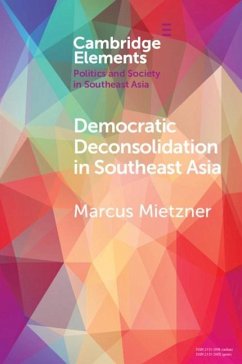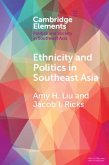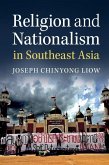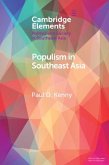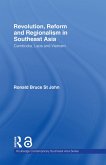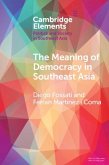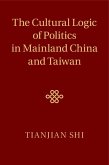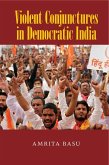In 2016, Freedom House recorded the eleventh consecutive year of declining democratic freedoms, adding material to the growing political science literature on a global democratic recession. Southeast Asia is no exception in this regard. During the last decade, one previously democratic country experienced a full democratic reversal (Thailand), another has seen the rise of a populist with openly neo-authoritarian tendencies (the Philippines) and yet another has begun a slow but perceptible process of democratic deconsolidation (Indonesia). At the same time, semi-authoritarian regimes such as Singapore and Malaysia have defied predictions of a possible democratic trajectory and the fully authoritarian regimes of Vietnam, Laos and Brunei have firmly held on to power. Initially hopeful democratic transitions, finally, have ended either in autocracy (Cambodia) or in uncertainty (Myanmar). What explains this failure of democratization efforts in Southeast Asia? Why have autocracies proved so resistant to democratic opening? And what can the Southeast Asian experience tell us about the drivers of the global democratic recession.
Dieser Download kann aus rechtlichen Gründen nur mit Rechnungsadresse in A, B, BG, CY, CZ, D, DK, EW, E, FIN, F, GR, HR, H, IRL, I, LT, L, LR, M, NL, PL, P, R, S, SLO, SK ausgeliefert werden.

